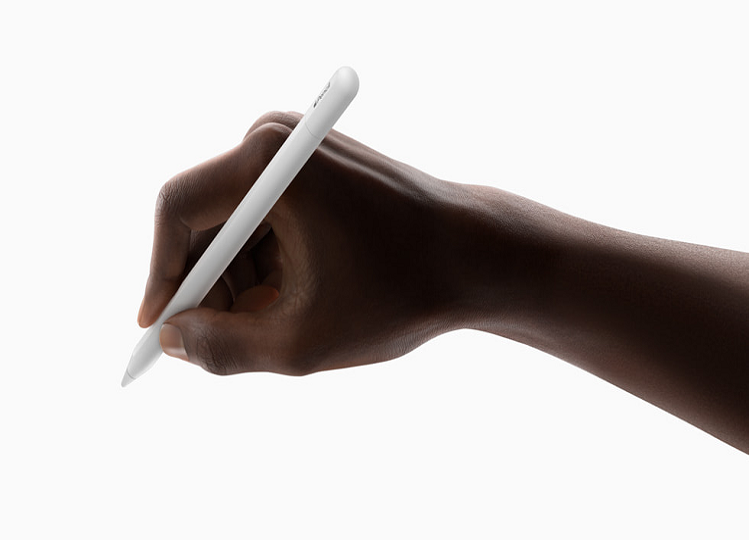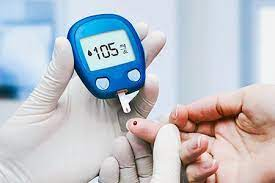Anxiety: At present, the way of living of people has changed a lot. People often remain busy at work due to the competition to move ahead all the time. In the present times, the way of working has also changed a lot, due to which there is constant work pressure on people. Apart from this, many other problems also keep troubling people, due to which people become victims of many types of mental problems.

Mental health remains a matter of concern worldwide. For some time now, there has been a rapid increase in cases related to mental health. These days, problems like stress, depression, and anxiety have become quite common. These problems can become serious if they are not treated in time. Anxiety is one such problem, some signs of which are related to your digestion. If you are also noticing these problems related to digestion in yourself, then you may be a victim of anxiety.
indigestion and nausea
If you often have problems with indigestion and nausea, it could be a symptom of anxiety. Often, due to being upset or worried, the digestion process slows down, which can appear in the body in the form of indigestion and nausea.
Diarrhea
Due to anxiety and stress, many people also start suffering from diarrhea. Stress hormones can speed up motor function in the large intestine, which can lead to diarrhea.
frequent urge to urinate

If you are a victim of anxiety, you may feel the urge to urinate frequently or you may have to wake up repeatedly at night to urinate. This happens due to the release of stress hormones.
Twitch
If you feel stomach cramps, it is a sign that you are a victim of anxiety. When there is stress or anxiety, the flow in the muscles and brain increases, while it decreases in the intestine. Due to this, symptoms of swelling and cramps appear.
dry mouth
A person suffering from anxiety often has the problem of dry mouth. When there is anxiety, the sympathetic nervous becomes active, which can slow down the production of saliva, which can cause dry mouth.
Disclaimer: The advice and suggestions mentioned in the article are for general information purposes only and should not be taken as professional medical advice. If you have any questions or concerns, always consult your doctor.
Picture Courtesy: Google










